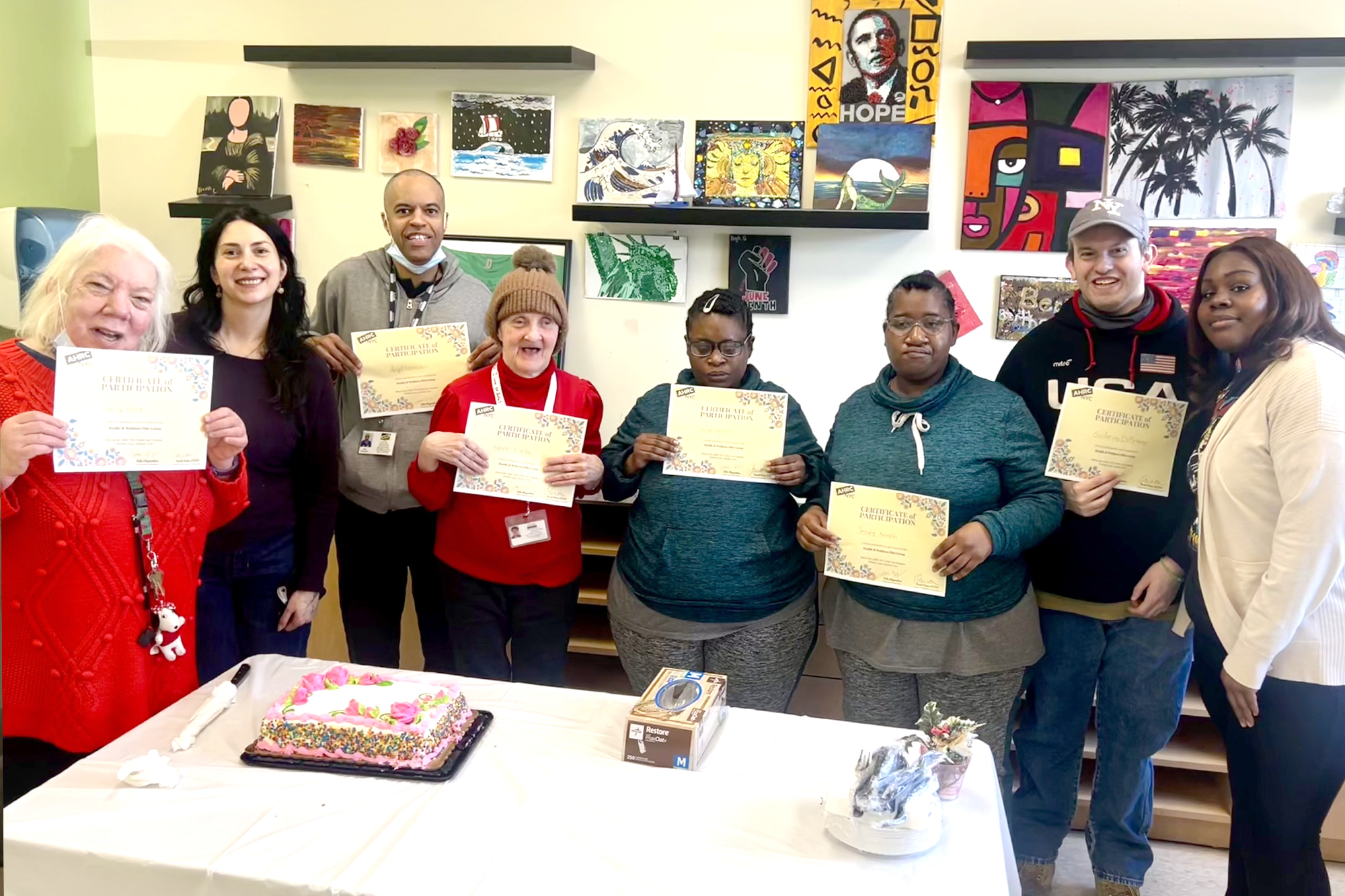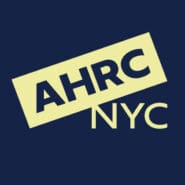People with intellectual disabilities face unique challenges in managing their health. A lack of accessible, easy-to-understand information makes it hard, if not impossible, to engage in meaningful ways. There are of course compounded disparities, including implicit bias in the medical health field, as doctors are not trained in disability health; a lack of inclusivity in health research; physical barriers in accessible medical locations; and lack of accessible information, to name a few. On top of that, personal views on health, the dignity of risk, and additional struggles related to social or political factors make “good health” more complex than it may seem.
For people with intellectual disabilities, health education isn’t just about understanding their health conditions; it’s also about learning advocacy and life skills to make informed health choices.
It also involves accepting a dignity of risk—understanding that not all choices will be perfect, just as many people without disabilities are automatically granted as adults.
Personal Outcome Measures Lead to Success
AHRC NYC is always looking to improve our organizational work. We committed to working on healthy management & equity during our last accreditation with The Council on Quality and Leadership (CQL) Using our organization’s Personal Outcome Measures’ data along with contributions from people with disabilities and other Health & Wellness Committee members, AHRC NYC has developed a new eleven-session health education curriculum. The group used data and personalized experiences to identify the most important health topics to include in the curriculum. Additionally, Health & Wellness group members assessed currently available materials in the field using a curriculum assessment tool. Thanks to Jessica Colon, BSN, RN, Nurse Administrator, Alissa Lontoc, Subject Matter Expert, along with Jessica Giorgio and Frank Laskowitz from the Melissa Riggio Higher Education Program for assessing existing materials.
We are proud to share that this past winter Dorothy and Michael Styler Day Services kicked off a pilot group using the new curriculum. The purpose of the group is to provide education and encouragement to be curious while advocating for one’s health. The focus of the curriculum is on providing a comprehensive yet accessible understanding of health, delivered in a way that is engaging and empowering for the participants. The materials used in the health education group are carefully designed to be visually stimulating, accessible, and culturally relevant. Information is presented through plain language, picture charts, hands-on activities, and role-playing, to ensure that participants will apply the knowledge they gained in real-world scenarios.
Group members included Jamie Armah, Jessica Armah, Guillermo Di Pietrantonio, Angel Franceschi, Frances Riordan, and Shelly Wrobel.
Showing Gratitude
Much gratitude to the seven group members at the last session celebrating their accomplishment. Thanks to their participation in the group, the curriculum was able to be refined and updated in order to make it even better for future sessions. We would be remiss if we did not celebrate Lanasia Robinson, Community Support Professional (CSP), who helped co-facilitate the session with QI team members. Lanasia’s positive energy, validation of group members, and strength-based approach was felt by all of the group members.
Special thanks to Awilda Aponte, Program Director, for her unwavering enthusiasm and collaboration, in addition to the Styler Center’s Community Support Supervisors (CSS) and team members.
We’re excited to share more updates in the coming months and have already kicked off the second pilot group in Manhattan in mid-March. More to come!

